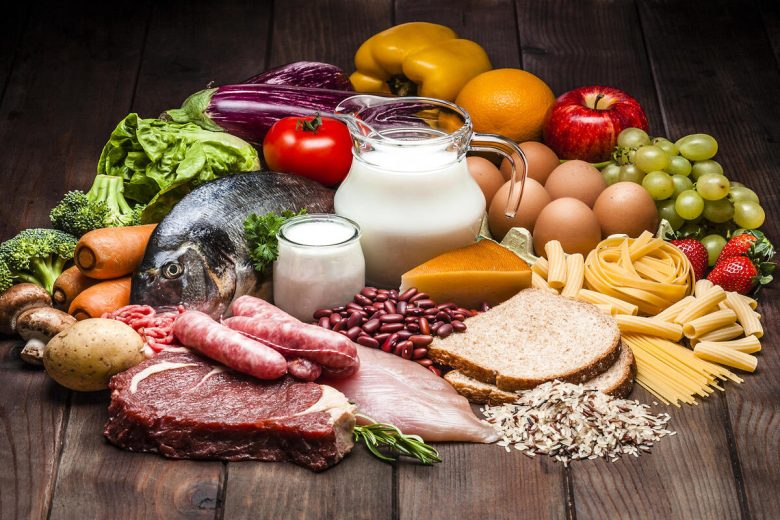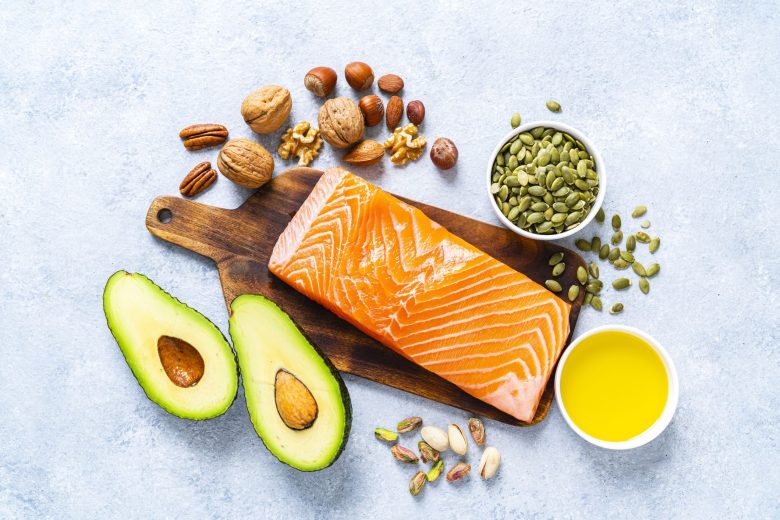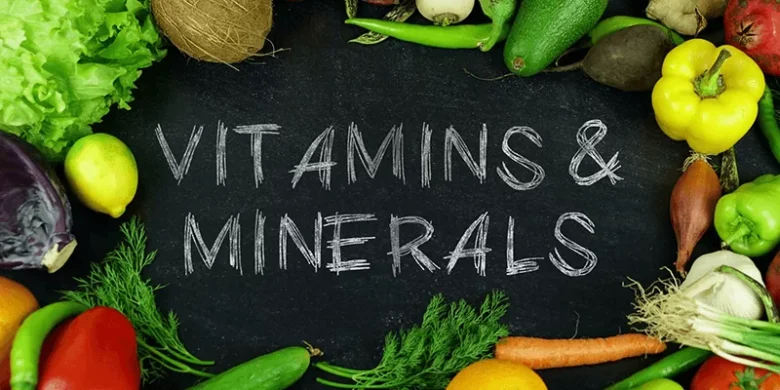A balanced diet involves consuming a range of nutrient-dense foods. While you can indulge in sweet treats occasionally, the goal should be to focus on nutritious whole food sources as your primary focus. A balanced diet includes proteins, carbohydrates, fats (or lipids), and micronutrients such as vitamins and minerals; water is an integral component of …
Fat is essential to our bodies—providing energy, helping absorb certain vitamins, and providing structure to support brain, muscle, and nerve function. But it’s essential to recognize healthy from unhealthy fats due to how their molecular configuration influences how they act within our bodies. Unhealthy fats include saturated (red meat, butter, and high-fat dairy foods) and …
Our overall health and well-being are largely dependent on nutrition. Our bodies get energy from the food we eat, but it also affects every aspect of our physical and emotional health. Even the best fitness plan or sleep schedule can go awry if we don’t pay attention to our diet. In this article, we explore …
Vitamins and minerals are vital elements to maintaining a healthy diet, aiding bones, supporting immunity, and turning food into energy. While vitamins are organic substances derived from plants or consumed directly by animals. Vitamins include A, B6, C, D, E, and K, as well as folic acid. Minerals include calcium, sodium, potassium, iron, and zinc. …




